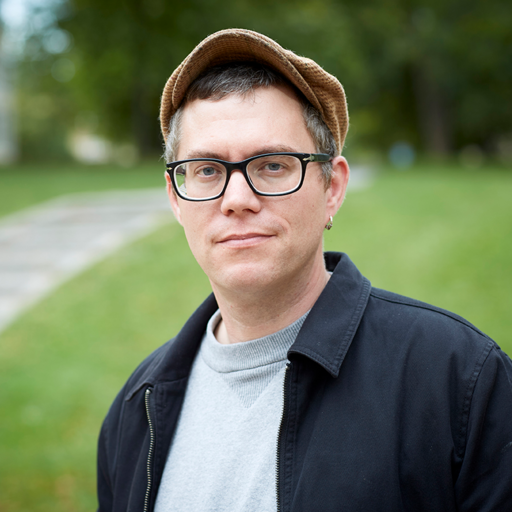
In the aftermath of the First World War, Europe witnessed a short blossom of movements that fought for a middle ground between Soviet-style economic planning on the one hand and social-democratic reformism on the other. From the proponents of Guild Socialism in Great Britain to the pioneers of a Social Economy in Austria and Germany, what these “alternative socialists” had in common was that they feared an all-powerful state almost as much as an unregulated market. Hoping to reconcile the ideal of individual freedom and autonomy with the collectivism inherent in social protection, voices as diverse as those by G.D.H. Cole, S.G. Hobson, Otto Neurath, and Martin Wagner developed an alternative school of socialist thought that centered on the notion of self-government. Out of this intellectual context emerged a plethora of initiatives that aimed to protect the dignity and material well-being of producers without putting consumers, and thus society at large, at the mercy of the organized productive forces. This research project studies the common roots and trajectories of these largely forgotten movements. In so doing, it brings back to life ideas and practices that have a lot to offer not only for historical research but also for wider debates about the challenges that democracies are currently facing.
Project title: From Guild Socialism to Gemeinwirtschaft: The Birth of Social Economies in Interwar Europe
Area of research: History
Fellowship period: 1 Oct 2020 - 30 Sep 2023
Fellowship type: AIAS-COFUND II Marie Skłodowska-Curie fellow

This fellowship has received funding from the European Union’s Horizon 2020 research and innovation programme under the Marie Skłodowska-Curie grant agreement No 754513 and The Aarhus University Research Foundation.
